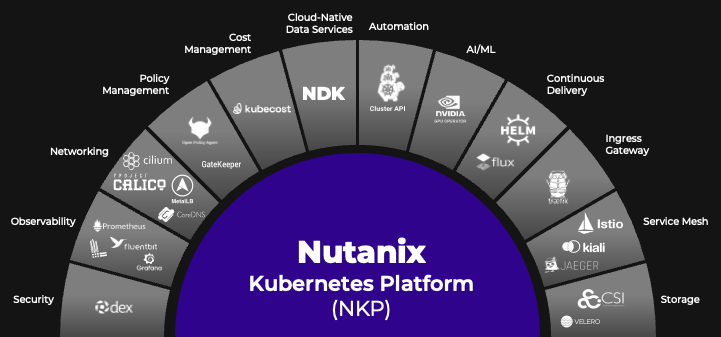What to choose: ext4 or xfs?
When using Kubernetes, the choice between ext4 and xfs file systems can impact performance and suitability depending on your use case. Here’s a quick comparison to help you decide which is more suitable for your needs:
ext4
- General-Purpose: ext4 is often used as a default, general-purpose file system. It’s been around since 2008 and is a mature, stable choice.
- Small File Performance: It performs well with a large number of small files.This makes it suitable for workloads where you have many small files being created, updated, or deleted frequently.
- Stability and Compatibility: Ext4 is widely supported and compatible with a wide range of tools and systems. It has features like journaling, metadata checksumming, and extents, which improve reliability and performance.
xfs
- Large File Performance: xfs excels in scenarios involving large files and high parallel throughput. This makes it a strong choice for distributed systems, video streaming, and big data applications.
- Scalability: xfs is designed for scalability, supporting large file systems and efficient handling of bulk data transfers. It can handle metadata-intensive operations better compared to ext4.
- Advanced Features: xfs includes features like online defragmentation, B+ tree directory structure, and delayed allocation, which contribute to its performance and flexibility.
Kubernetes Considerations
- Volume Performance: If your Kubernetes workload involves databases, video processing, or other large-scale data operations, xfs might be the better choice due to its performance in handling large files and parallel tasks.
- Default Choices: Many Kubernetes setups use ext4 by default because of its general-purpose nature and compatibility with a wide range of applications.
Ultimately, the choice between ext4 and xfs in a Kubernetes environment comes down to the specific requirements and nature of your workloads. If you’re handling many small files, ext4 could be more efficient, whereas for large-scale data, xfs may offer better performance.

Leave a Reply